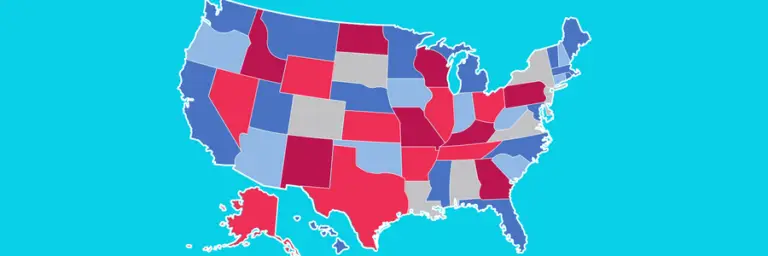Social Casino App Lawsuit: Facebook, Google, Apple Named

Sports betting sucks most of the oxygen out of the room, but there is another form of “gambling” – or “gaming” depending on your purview – that has quietly become one of the most intensely debated legal topics. That form of “gambling” is social casinos.
A opened the door, and now a new class-action lawsuit is rushing through it. The suit, filed in the US District Court for the Northern District of California on November 27, consolidates three previously filed lawsuits.
, the three internet giants are driving customers to social casinos they host, and allegedly, Facebook receives 30% of the revenue generated.
The Dangers of Social Casinos
Social casino sites are perhaps worse than regular casino gambling as they possess the same game mechanisms except for the single most important one: the ability for a player to win money.
Simply put, customers can play for free and merely log out once they exhaust their supply of virtual chips or tire of the game. However, if a player is out of virtual chips and wants to continue playing, they can. All they must do is pay a few dollars, and the site will load them up with lots of virtual chips that have no value. These chips can’t be cashed back in for money or traded for prizes. They are virtual casino chips that can only be used at the virtual casino.
Essentially, players who purchase virtual chips are engaged in gambling, with the all-important caveat, they have no chance to win money or something of value.
And the amount of money some players spend on micro-transacting for these worthless baubles is astounding.
The lawsuit alleges players purchased $6 billion of virtual chips in 2020, and of concern, the revenues come from a small number of players. It’s old data, but , Monty Kerr, the chief product officer and co-founder of PlayStudios, said that only 3 percent of their customers monetize, but 80 percent are still active and monetized players two years later. That’s the business model.
A second troubling layer is that because these apps aren’t technically gambling, the player protections are threadbare, including age restrictions.
The Social Casino Debate
There is a whole new class of quasi-gambling games that supporters claim fall outside the purview of current gambling laws.
A game must possess three elements: consideration, prize, and chance to be considered gambling.
- players wager money or something of value,
- The player can win something of value, and
- the game’s outcome involves some level of chance.
The debate over daily fantasy sports revolves around the third element, the skill level involved. In the case of social casinos, it’s the second element that is up for discussion.
Social casinos have been around for a long time, and the debate over whether or not they constitute gambling has been going strong since they first started appearing in the early 2010s.
One of the mitigating factors is whether a secondary market exists. Put plainly, can a player transfer their “fake” winnings that have no value to another player or sell them on a secondary market for some form of compensation (which suddenly gives them value).
That didn’t play into the original Big Fish Games decision from Washington State, so Facebook, Google, and Apple could end up on the losing end of this lawsuit even if there isn’t a secondary market for their virtual casino chips.







